Ambient Brand Strategy Is Signal Discipline at Scale
Most brands still behave like the world runs on campaigns: a burst of messaging, a peak week, a recap, a new brief.
But the market no longer experiences brands in bursts.

From Categories to Context: Why Ambient Brand Strategy Will Define 2026
Brands that win next year won’t position themselves better. They’ll explain the world more clearly.
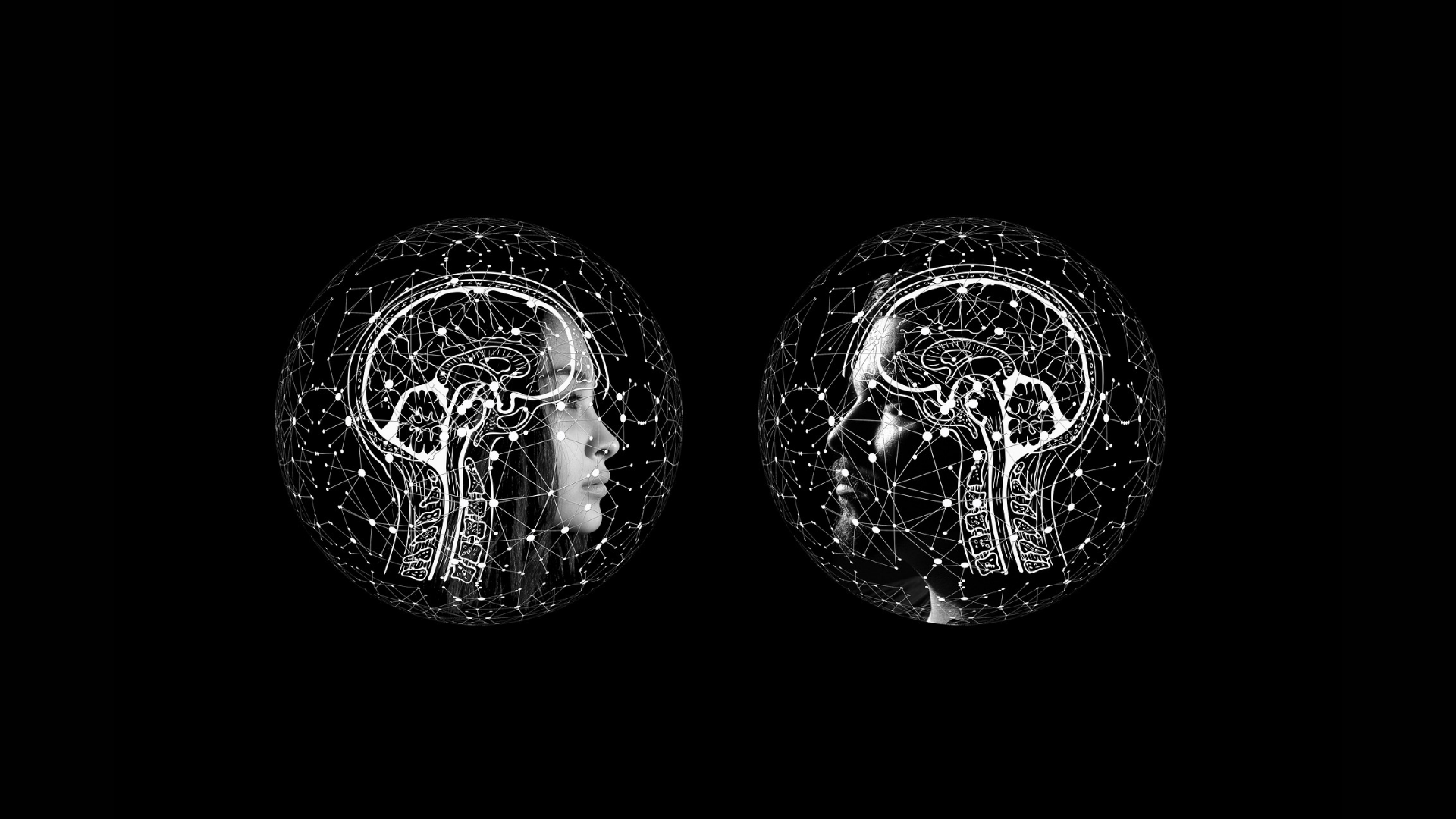
AI-Native vs. AI-Enabled Workflows: Why the Future Belongs to Companies That Start at Zero
AI-enabled companies add tools. AI-native companies rebuild systems.
In the latest Contrarian Futures article, we provide examples of the critical difference and examples of companies building with native AI, such as Stripe, Tesla, Amazon, Moderna, Rippling and Anduril.

The Post-Brand Era & Category Reinvention
We’re in a moment where companies aren’t losing relevance because their brand is weak. They’re losing because the category they were designed for simply no longer exists as once imagined.

AI as a Civic Tool, Not Just a Corporate Asset
We taught machines to imitate human intelligence. The next challenge is to teach institutions to imitate human conscience.

The Rise of Regenerative Economies
At a construction site in northern Sweden, a new kind of steel is being forged. It emits no carbon. Powered by green hydrogen and renewable energy, HYBRIT steel has already supplied Volvo with the world’s first fossil-free vehicle components. This is not a boutique sustainability project. It’s a glimpse of something far more radical: economic growth that restores rather than depletes.
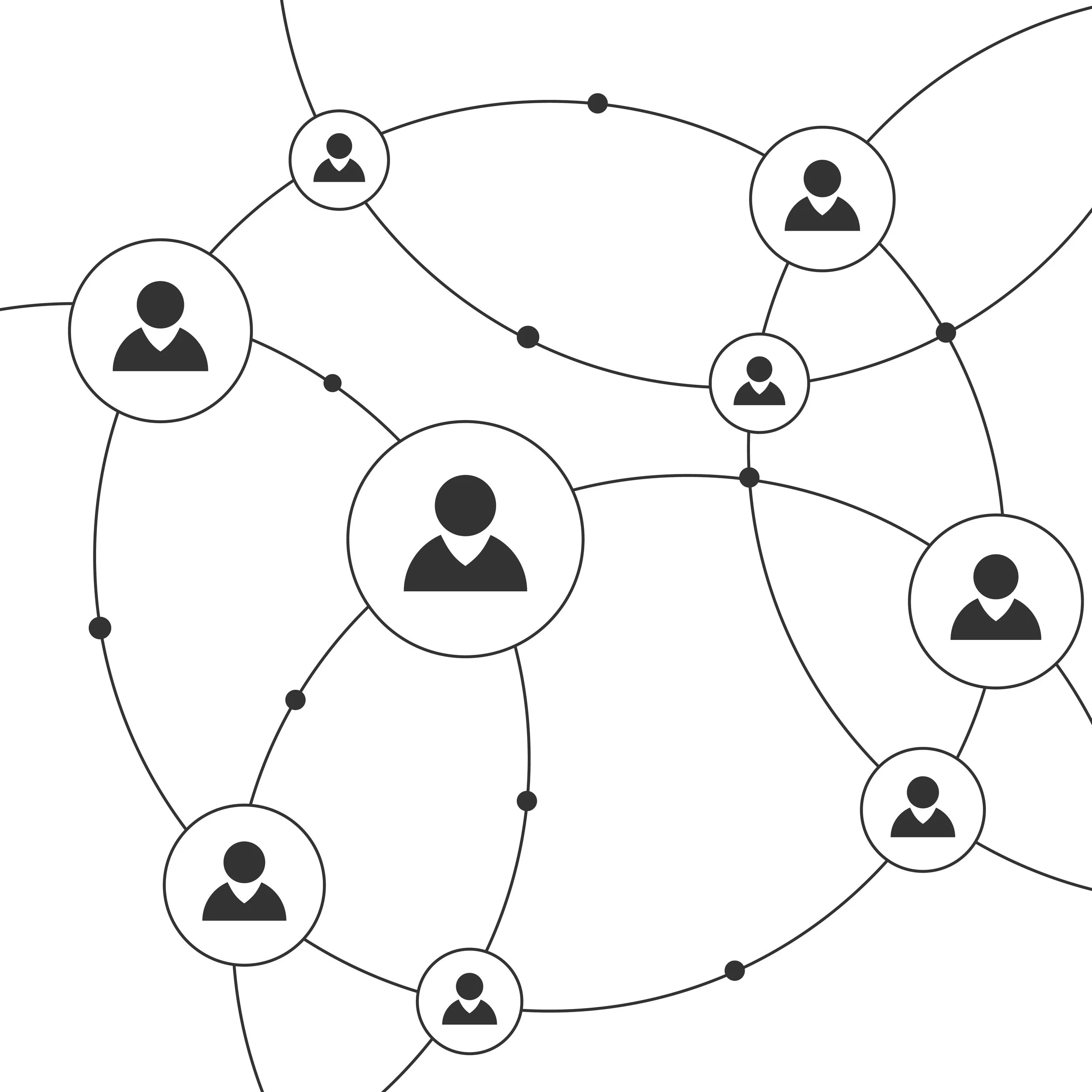
The Science of Chance Collisions: Why Innovation Needs Disorder
The greatest breakthroughs don’t emerge in moments of solitude or linear planning — they happen when ideas collide in unexpected ways. When a hunch meets another hunch. When an accident meets awareness. When curiosity meets timing.

Tuning Out the Noise: How Agentic AI Is Rewriting Market Signal Intelligence for Brands
Every business swims in signals — social chatter, competitor moves, search trends, purchase intent, macro shifts, media sentiment. But in an AI-accelerated market, more data doesn’t mean more clarity. It often means distortion.

The Economics of Lift: Why Buoyancy, Not Growth, Will Define the Next Era
For more than a century, the dominant economic story has been about growth. GDP up, markets up, wealth up. But growth has also left an unmistakable trail: rising inequality, persistent poverty, and planetary strain. If the measure of success is simply “more,” we should ask: more for whom? And at what cost?
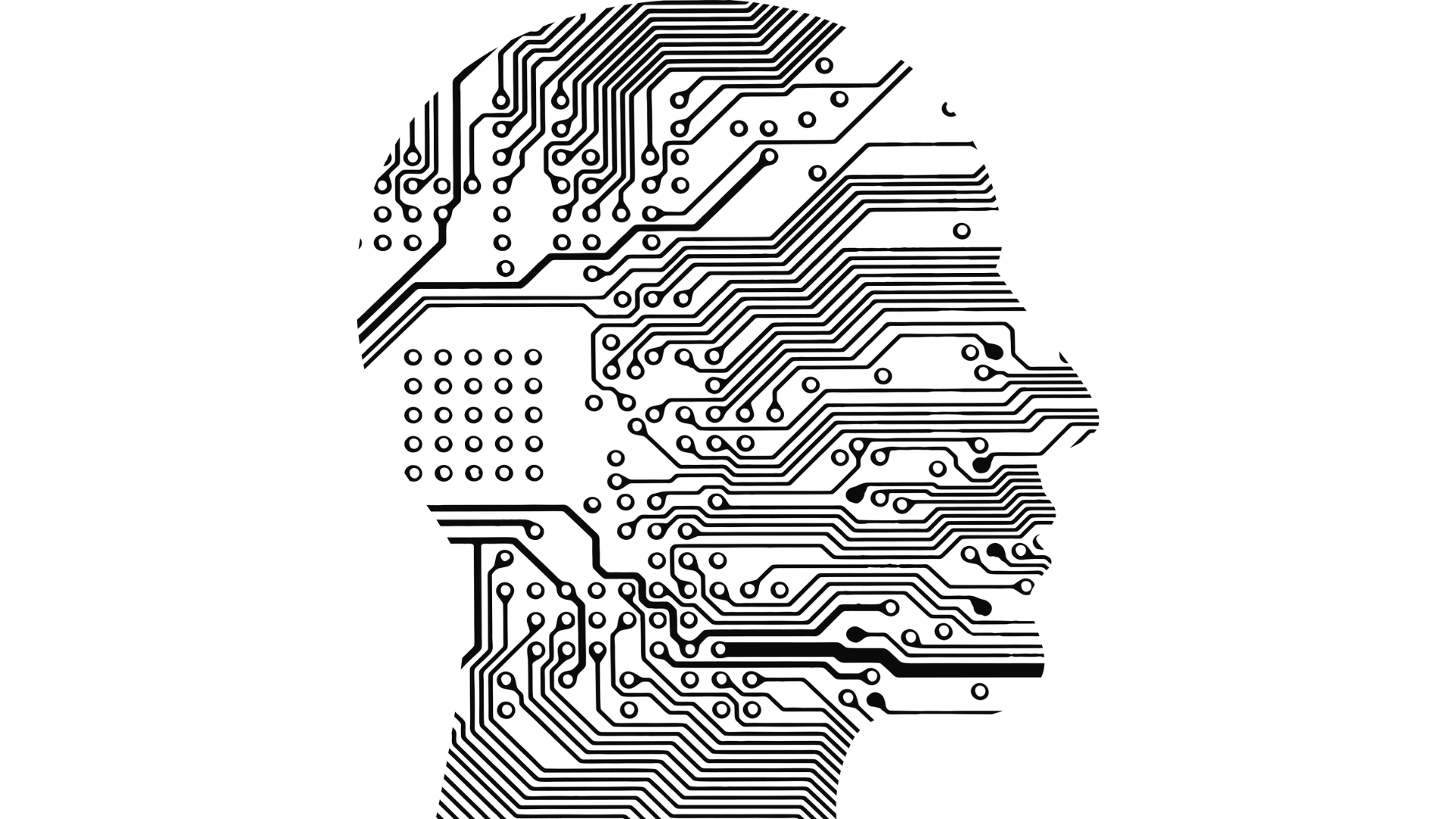
From Forces to Factors: The Strategy Model Built for a Moving World
For decades, frameworks like Porter’s Five Forces helped leaders make sense of competition, profitability, and positioning. They’ve served us well.
But the market they were built for no longer exists.

The Emerging Archetype of Brand Leader Will Be an Orchestrator
The next wave of business leadership is going to require new ideas, approaches and skills. Strategic thinkers with a curious mindset, comfortable navigating ambiguity, fluent in both brand and AI, and driven to transform how modern organizations communicate, adapt, and lead. Here's my take on Brand Leadership.
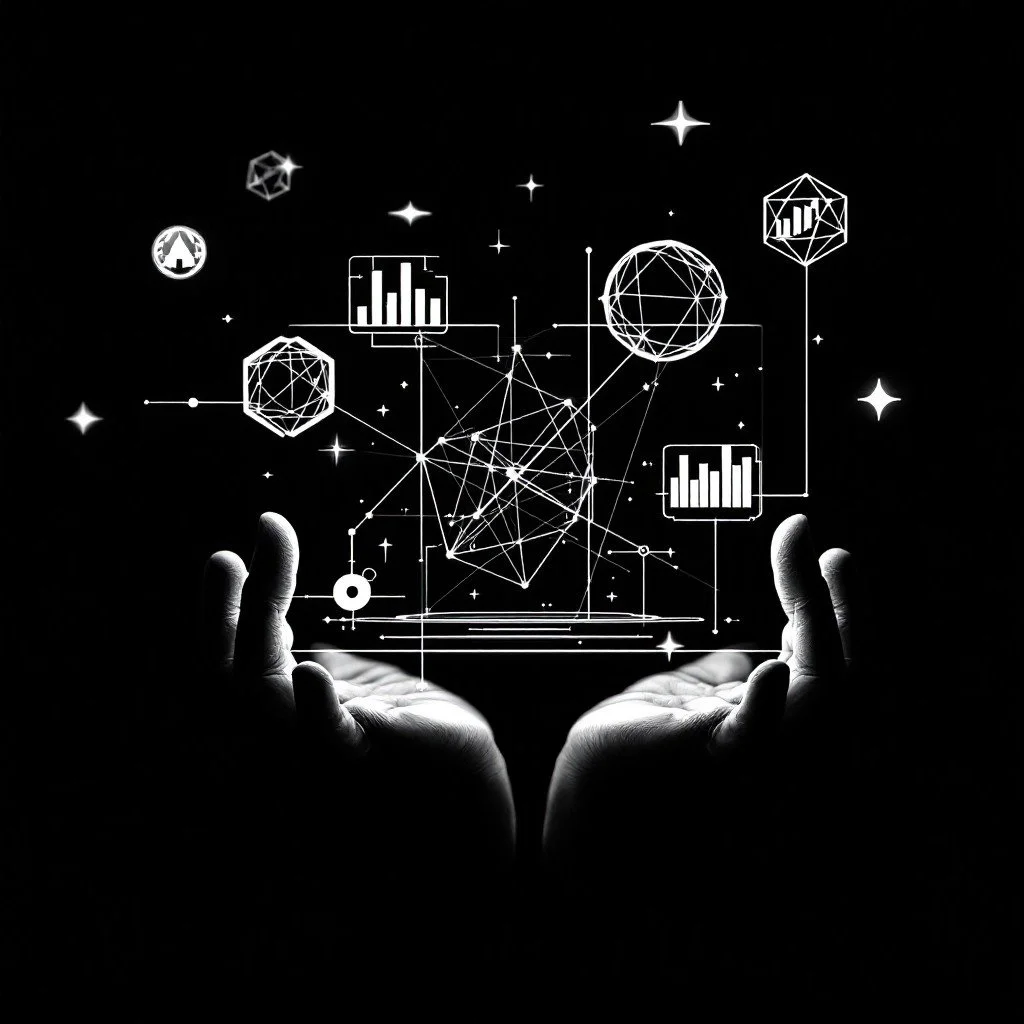
Recalibration as an Alternative to Transformation
If transformation is the blunt instrument of organizational change, recalibration is its surgical counterpart. It’s faster, lighter, and more responsive to the complexity of now. In this post, I unpack the Recalibration Impact Methodology (RIM)—a system designed not to replace your strategy, but to realign it—infused with generative and agentic AI to operate in dynamic environments with speed and precision.
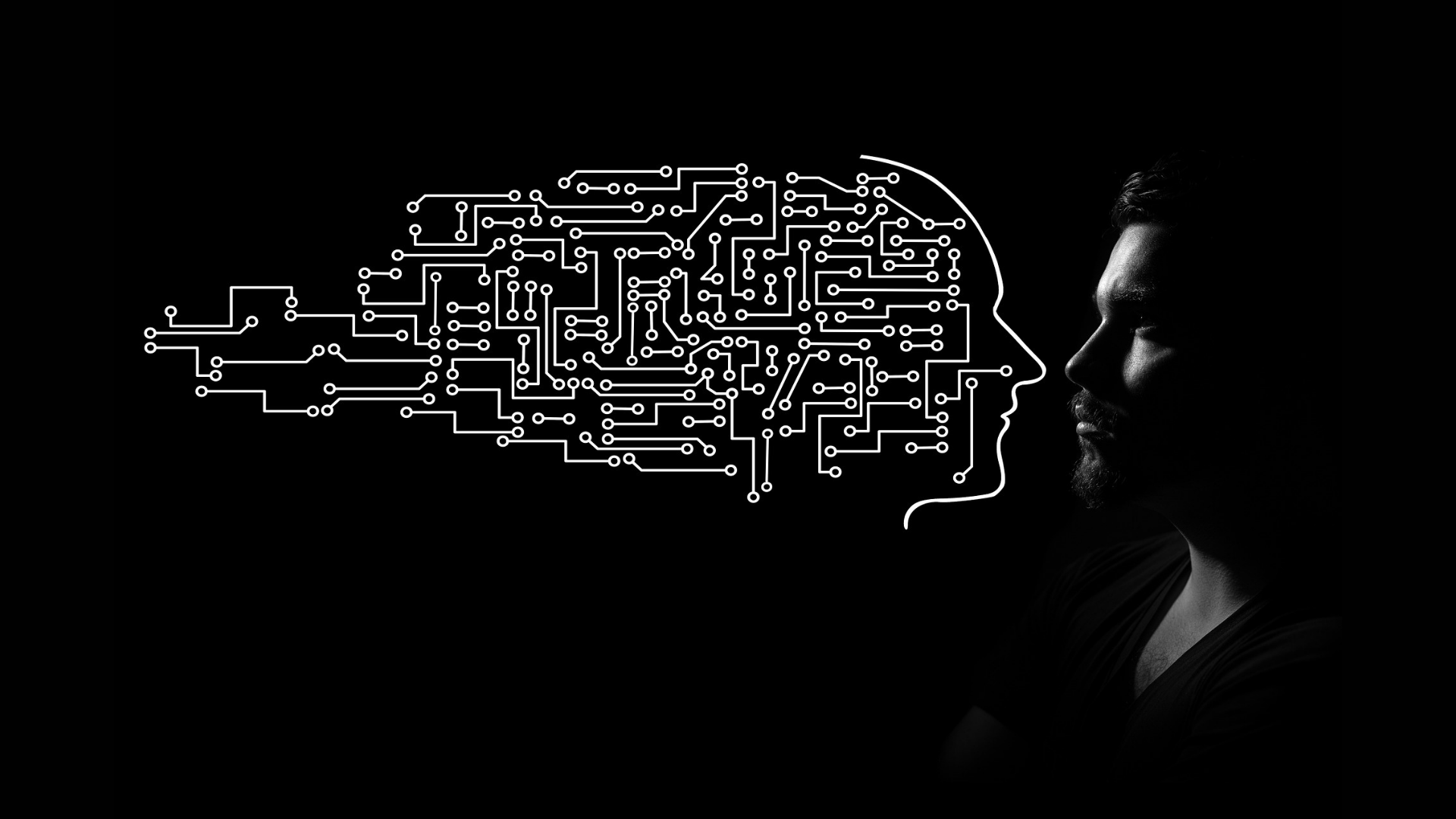
When Recalibration Works—Cross-Industry Patterns and the Netflix Example
Methodologies are only as valuable as their real-world applicability. In this post, I explore how RIM is applied across sectors—from retail and healthcare to finance and entertainment. I also break down the Netflix evolution not as a digital pivot, but as a recalibration of strategic identity—a case study in rethinking relevance under pressure.

Operationalizing Agentic AI: What Leaders Must Build Before They Deploy
In a business environment shaped by accelerating signals and shifting capabilities, most organizations don’t need a total transformation — they need a strategic recalibration. That means rethinking how decisions are made, how work is structured, and how emerging tools like agentic AI are embedded into daily operations. This isn’t just about deploying new systems; it’s about redesigning the organization to remain responsive, intentional, and intelligently adaptive. Recalibration at this level isn’t philosophical — it’s structural. It’s how leadership prepares for what’s next: by aligning strategy, roles, and operational architecture around a future where brand, marketing, and intelligence operate in sync.
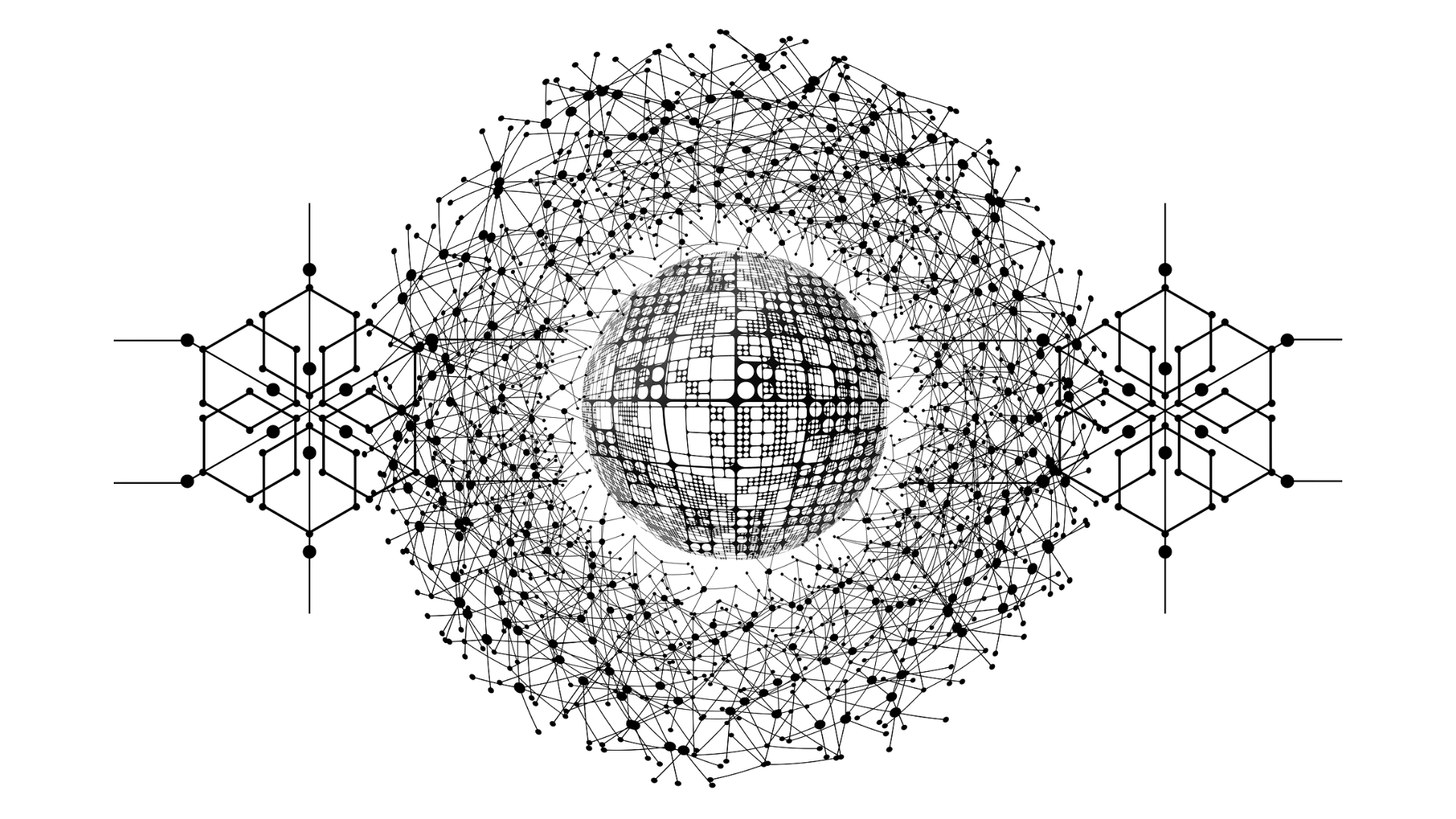
The Five Forces of Recalibration – A Strategic Operating System
Legacy strategy frameworks helped us understand markets in the industrial and early digital eras. But they weren’t built for adaptive systems, semantic drift, or hyper-fragmented audiences. This post introduces the five essential forces behind recalibration—an original strategic framework built to diagnose, adapt, and evolve in increasingly nonlinear environments.
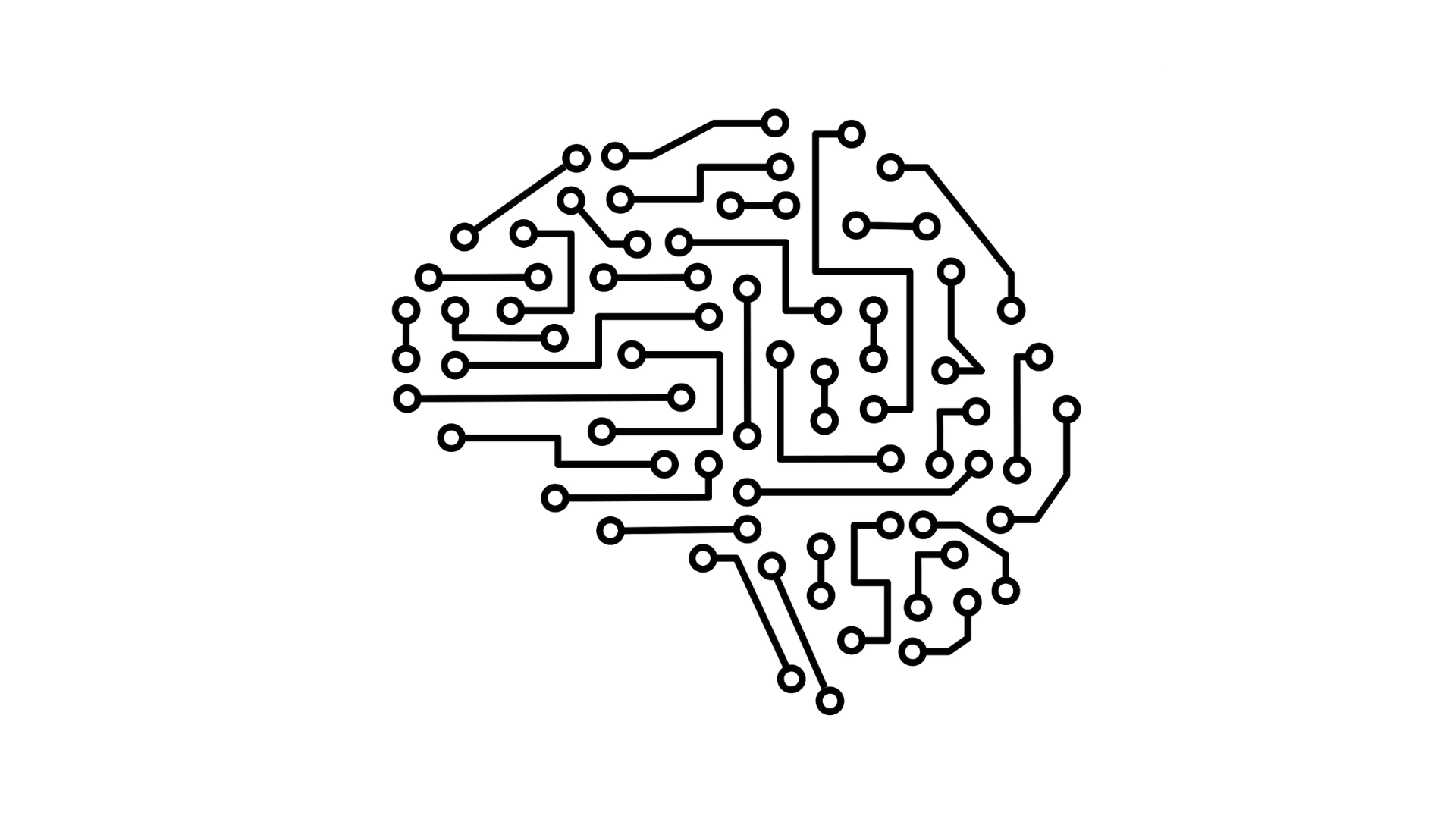
Strategy is Breaking—And We Need Better Questions, Not Just Faster Answers
This is the beginning of a new series dedicated to rethinking transformation as a paradigm. The thesis touches on a classic but often misunderstood concept: “Failure of Problem Framing.” The issue is not execution failure but diagnosis failure—the organization is solving a problem, just not the right one.
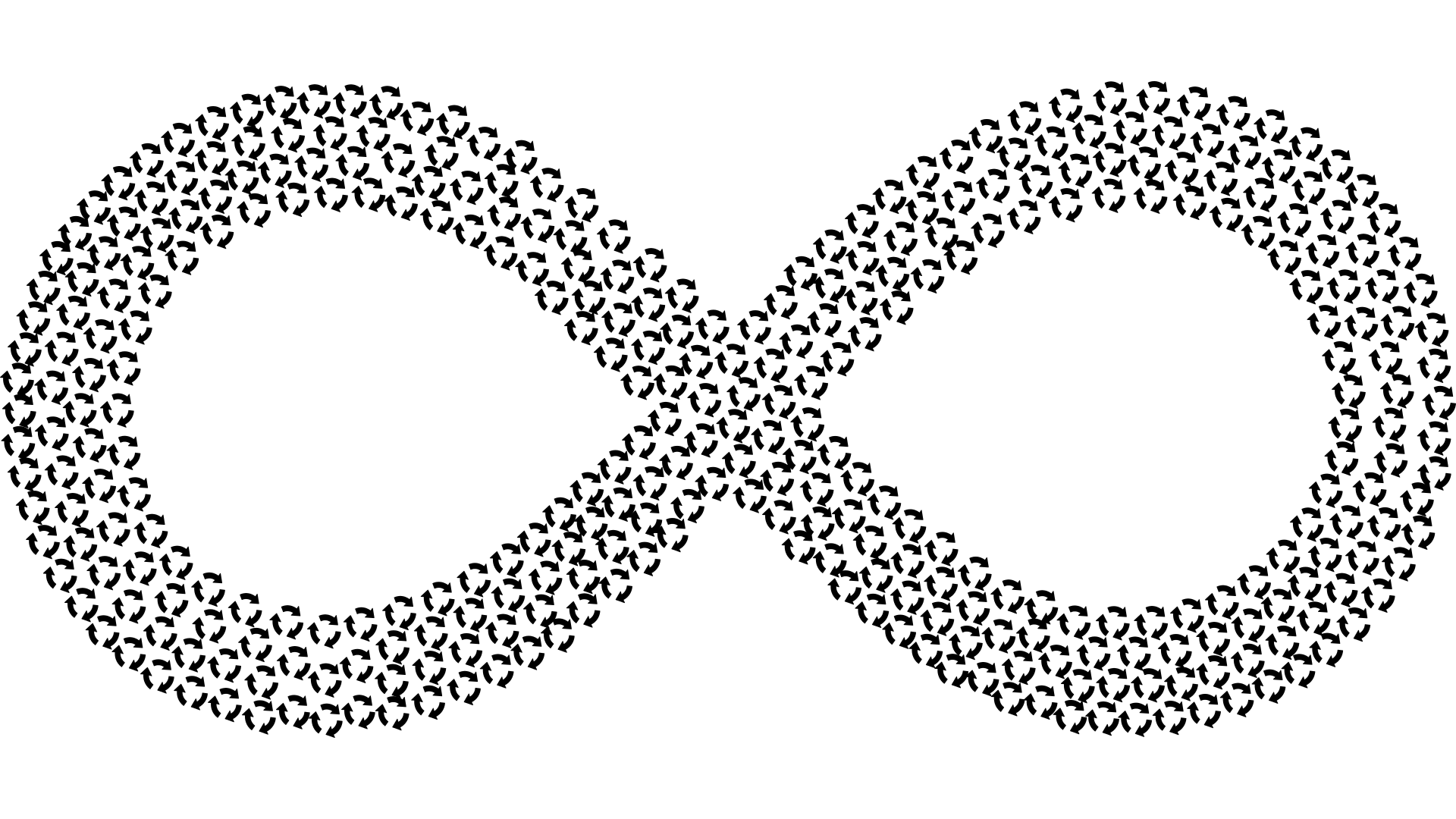
Agentic AI and the Future of Brand Strategy
As decision-making shifts from human-centered pathways to AI-mediated ecosystems, strategy itself is being reshaped. This post looks at the emergence of Recalibration Agents—autonomous systems that detect, adapt, and maintain brand-market alignment in real time. It’s not just a tech story—it’s a paradigm shift in how strategic relevance will be sustained in the coming era.

Agents Will Redefine Brand Strategy — And Reshape How It’s Managed
In the hyperactive AI reality, Brand Strategy will need a reset. Autonomous Agents will change the game, but humans must prepare for and control it.